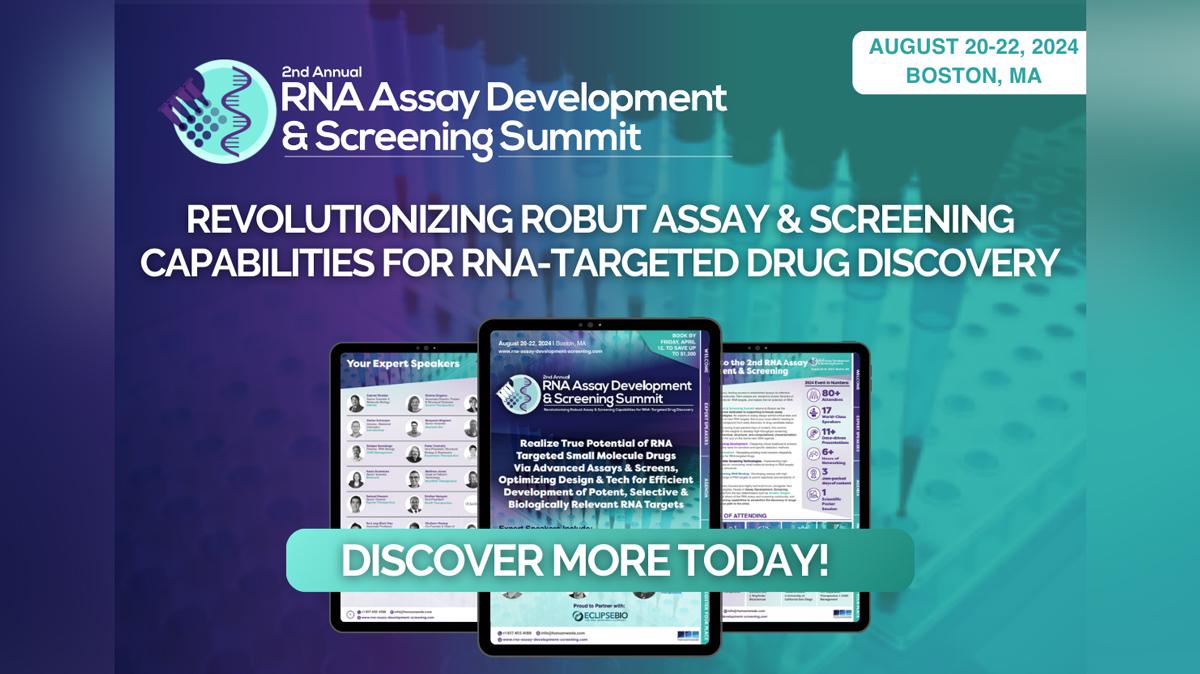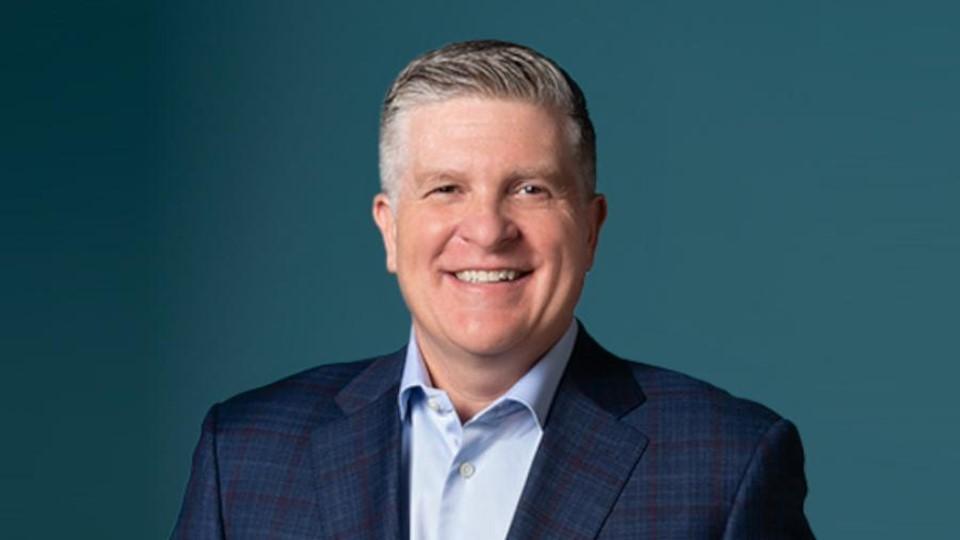Patient recommendations to enhance dementia trial engagement

As a patient advocate and someone with early-onset Alzheimer's disease, Michael Ellenbogen presents his ideas for improving clinical trials in the US for both patients and pharma.
In my working life I had business success and made meaningful contributions to many organisations. During that time, I appreciated good suggestions from clients and acted on them when I saw the benefits. Now, as a patient advocate and person living with young-onset dementia, my goal is to collaborate with pharma, offering my suggestions to advance treatments for these diseases.
Most of the following recommendations to enhance participation and accuracy in clinical testing can be done with little or no added cost to the industry.
Development through collaboration
Considering that dementia, including Alzheimer's disease, is the third leading cause of death in the US, companies need to step up to the plate collaboratively to deal with this national and global societal epidemic.
While I understand that companies cannot do it alone, there is no reason why they cannot partner with others in this arena. This will identify paths others have already tested and stop wasted duplication. Concentrate efforts together and share the profits in the end. Technology available today can provide a clear database cataloguing all failures, with the cost of creating it paying for itself in no time if all contributed to such a project.
National registry
A national registry of people living with dementia should be created and shared for all dementia-related clinical trials. This should be a collaborative effort by all companies and entities engaged in clinical trials. Consider incentives to get people to register.
Reposition the benefit of clinical trials
A major problem is getting people to sign up to clinical trials. Trial descriptions often state there is: 'the possibility of a cure with no guarantee or access to the drug at a later date'. Most caregivers and patients feel that it makes no sense to go into these trials on this basis. Most say it is hopeless for the patient and not worth doing.
Wouldn't it be better to say that participation today may lead to future benefits for their spouse or other family members that may be impacted by this disease later? Everything learned today will lead to future benefits and will help others who may never have to walk in our shoes. Consider how compelling this approach would be to caregivers who often influence primary decision makers.
Reduce involvement of, and impact on, caregiver
A major barrier to participation is the added burden it places on already-overstressed family caregivers who cannot afford to take extra time away from their jobs to accompany their loved one to additional and unnecessary visits for trial sign-up and appointments. Many caregivers are afraid they will be fired or lose pay for taking off so much time; these unspoken fears are a significant invisible barrier to participation!
Don't diminish the 'personhood' of potential participants
An important barrier to participation is the tendency to treat the person living with dementia as incompetent. Remember we are still capable of doing many things on our own and should be treated with the same respect and dignity given to other adults.
Use technology for sign-up flexibility
Using a computer or tablet with tools like Skype and Zoom should be used to simplify the sign-up process. Create a simple disk or app that takes care of all the steps to ensure the technology is not an issue for the user, or carers and families.
Consider this example from my own experience. I had set up an appointment to volunteer for a programme, but I received a call that I would not be able to attend if I did not have a caregiver with me. The reason they needed the person was so that they could complete a short survey and other paperwork. I believe all this should be done remotely.
Cost factor
I believe the cost for participating needs to be fully covered as soon as patients enrol. Some cannot afford any delay as they are struggling financially already because of this disease. People should not be penalised because they are trying to join a trial and do something good. Probably what they are doing will not help them personally, but the benefits gained in the longer term could be priceless to others. Keep in mind that they are offering their bodies and being in a clinical trial is very stressful to them and their families.
Changes in neurological testing
I believe information collected from neurological testing is flawed because the same words are used for the test each time. There should be three or four different card sets that are alternated throughout the process. Do not use the standard ones I use with my regular doctor because I have memorized them.
Valid self-reporting is a major problem
I understand the need to get a list of side effects or issues that may impact a trial. When we come in for a visit, the doctor asks us if there are any issues to report. But we are struggling to remember what we ate a few hours ago, so it is unreasonable to expect us to know or recall what points may be pertinent. Working with participants who have dementia is not the same as those on other clinical trials because it is extremely hard for us to give accurate information. It may even be wrong information that we believe is true. So consider the validity of this approach.
Partner with organisations that do not charge any fees for service
I heard a doctor speak about the National Alzheimer's Coordinating Center (NACC) programme and stressing their need for volunteers, so I wanted to help. The programme was subsidised by government grants and pharma. After I sent in my records I discovered that I would have to pay for a doctor's visit just to get into the programme. If this is a government-sponsored grant, paid for with some of my taxes and those of others who are no longer able to afford the cost, why do the good people who want to support these programmes through participation have to pay? Especially when we will be volunteering our time and bodies to help the programme.
Charging these fees may skew the results if it means the only people who can participate are the ones who have money, and these tend to be high-functioning people. The area where the trial hospital is located has a much higher population of African Americans and Hispanics. I believe they may have a better chance of holding the answer to the cure since they are more likely to get it. Nobody should be excluded.
Make it more personal
Since participants are meeting with a doctor, give them feedback on noticeable changes in their condition. We really do want to know where we are in our capabilities. We should not be treated like a number. Make the encounter a bit more personalised and it will go a long way.
Provide comfort and engagement
Often tests and monitoring take many hours. Provide something meaningful for patients to do while they are there, such as TV, tablets and videos.
Testing schedule
I need to see three service providers (eye doctor, MRI scanner and dermatologist) every three months and they are all in different locations. Often these are scheduled on different days. It would be more convenient for me if they were all scheduled for the same day, with time to go from place to place with time in between appointments. With better coordination and planning that should be possible. Others may prefer to go to only one each time. Doctors need to offer flexibility.
Transportation
Many people who have dementia are no longer capable of driving, or even taking public transport to get to their appointments. Therefore contracting with local transportation for participants would be most helpful.
As a consumer and patient I believe I have a different viewpoint to industry – and I can also appreciate the constraints on the business world. I would welcome further dialogue so that we can all work together to help beat these diseases.
About the author:
Michael Ellenbogen was diagnosed with Young-Onset Alzheimer's Disease at the age of 49. Prior to his diagnosis, he was a network operations manager for a Fortune 500 financial institution. Difficulty with work-related tasks eventually led to his early retirement.
A well-known Alzheimer's and dementia advocate, he has been featured on TV, radio and other media outlets in the US. He has written for blogs, newspapers and websites and shared his personal perspective as a guest speaker.
Michael serves on the Pennsylvania Alzheimer's Disease Planning Committee and other advisory councils. He is a regular speaker at the Advisory Council on Alzheimer's Research, Care and Services.
He wants to motivate those with Alzheimer's to raise their voices and reduce the stigma surrounding the disease. He believes that his diagnosis is not the end for him, because he has so much more to give to the world. Michael wrote about his journey with the disease in his latest book, From the Corner Office to Alzheimer's. See his website here.
Read more on Alzheimer's disease:











